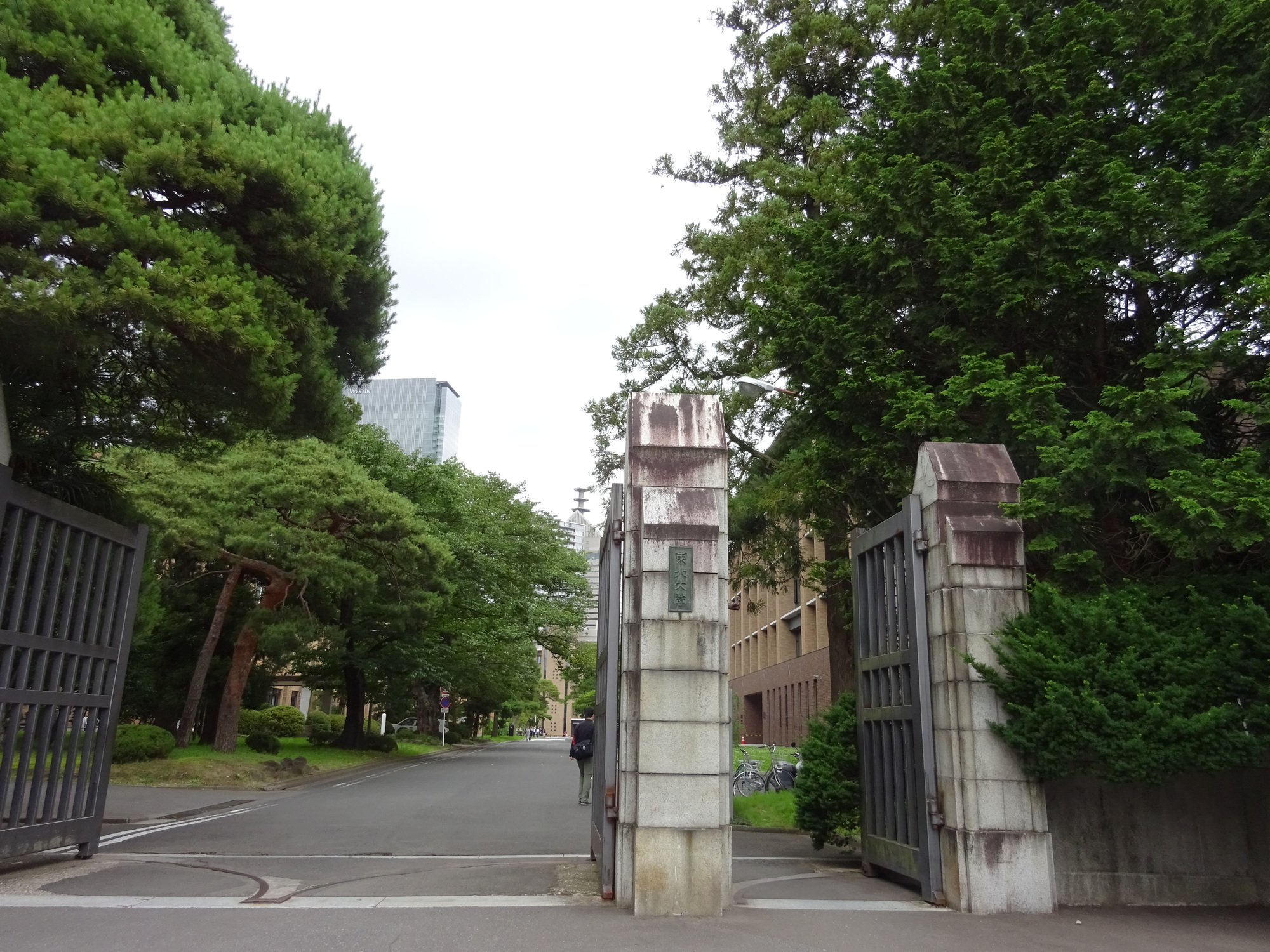As a result of a follow-up survey of more than 1 elderly people in Japan, a research group led by Associate Professor Jun Aida of the Graduate School of Dentistry at Tohoku University felt that people with lower trust in local people were less healthy in urban areas. However, in rural areas, confidence in local people was not associated with health.
Trust in others is said to have a positive effect on health, but there are not many studies that take into account differences depending on the situation.Therefore, the research group focused on rural areas of Japan, which have close relationships with neighbors, and the relationship between "trust in local people" and subjective health, which is one of the indicators of people's connections, is in urban and rural areas. I examined whether it would change.
The subjects were 2010 elderly people aged 2013 and over (median age 24) living in 65 cities, wards, towns and villages in Japan who participated in the "Japan Gerontological Evaluation Research Project (JAGES)" (Note) survey (13,657 and 72). Age, female 53.4%).We surveyed two types of trust, trust in others (general trust) and trust in local people (specific trust), using a questionnaire.For the state of health, a subjective sense of health was used.
As a result, it was found that in urban areas, people with higher trust in local people feel healthier, but in rural areas, it is not related to subjective health.It was also found that people who have a high degree of trust in others, regardless of region, feel healthier.Until now, it was thought that the higher the trust in others, the better the health, but this time, it was shown that the effect of trust on others on health varies from region to region.
In rural areas where close relationships have already been established, it seems possible to maintain good health regardless of mental ties, but because it is related to trust in others in general, it is possible to interact with various outsiders. The friendship can have a positive effect on health.
Note: A research project aimed at building a scientific foundation for preventive policies aimed at a healthy and long-lived society.Conducted a nationwide survey of the elderly with numerous grants from the Ministry of Education, Culture, Sports, Science and Technology and the Ministry of Health, Labor and Welfare.
Paper information:[Social Science & Medicine] Generalized and particularized trust for health between urban and rural residents in Japan: A cohort study from the JAGES project.

